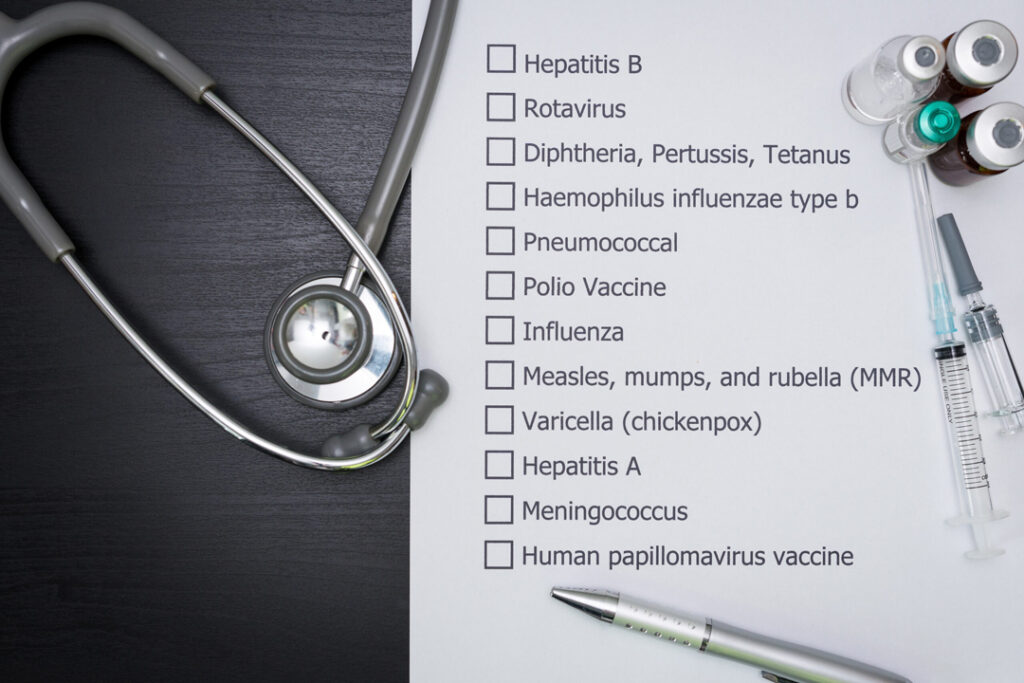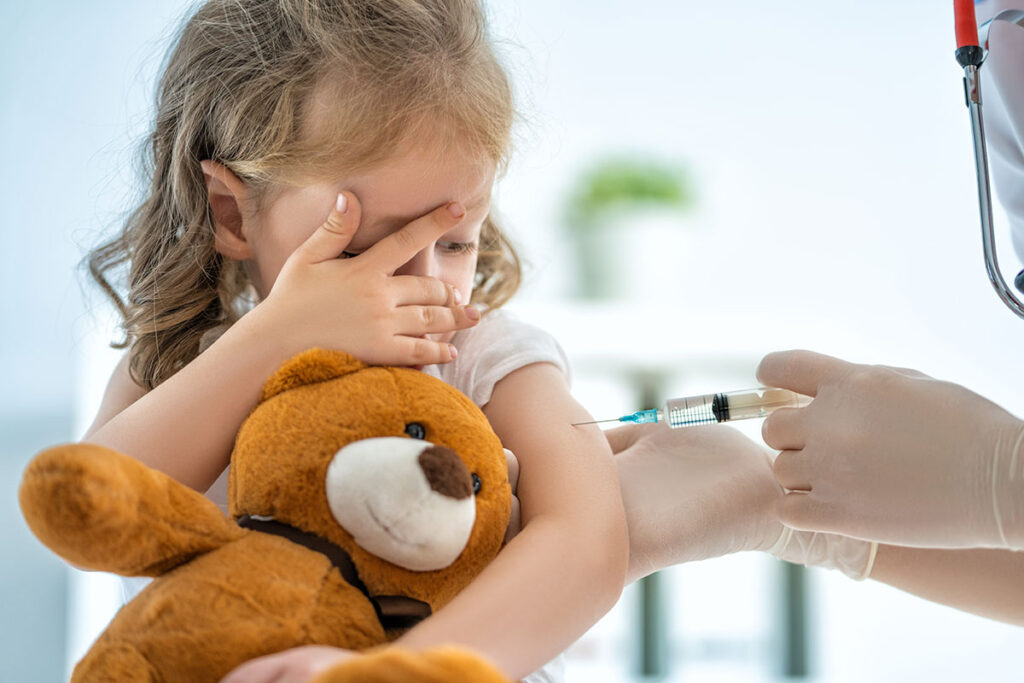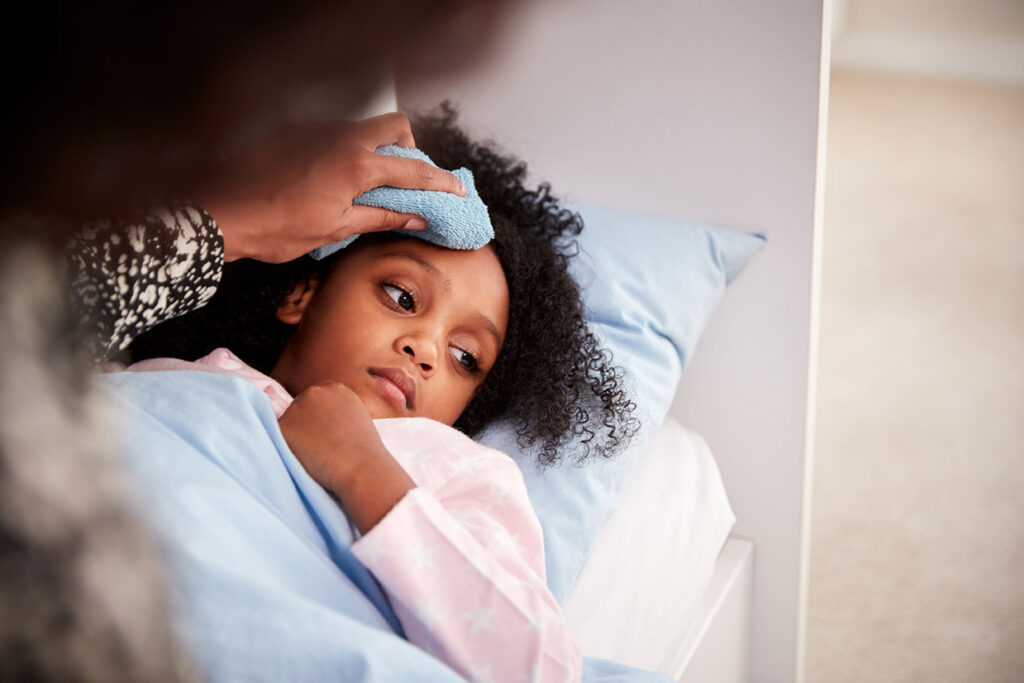Preparing for Immunizations
Immunization appointments can be stressful for any parent or child. Even so, getting immunized is one of the most important things you can do to keep your child and family healthy. At Pennyrile District Health Department, we want to be your partner in practicing preventative medicine. Here are a few tips for things you can do before, during, and after an immunization appointment to make the process easier for you and your child.
Before the visit
- Read immunization materials provided by your child’s doctor.
- Write down any questions you may have.
- Make a list of the immunizations your child might need.
- Find your child’s immunization record and bring it with you so that your doctor knows what immunizations your child has already received, and when.
- Pack your child’s favorite toy, book, or blanket for comfort during the appointment.
For older children have a chat with them and explain:
- Shots can pinch or sting, but don’t hurt for long.
- Immunizations keep us healthy and prevent disease.
- Shots aren’t scary and shouldn’t be used as a threat.

During the visit
Ask any questions you may have for the doctor at the beginning of the appointment. Also, ask your child’s doctor if you can give your child a non-aspirin pain reliever or other things you can do at home in order to comfort your child after the appointment.

For babies and toddlers
- Distract and comfort your child by cuddling, singing, or softly talking to them.
- Smile and make eye contact with your child to let them know they are safe.
- Use your child’s favorite toy, book, or blanket to comfort him or her. The familiar scents of blankets and other comfort items from home can be calming for children. Babies can also be comforted by swaddling, skin-to-skin contact, and breastfeeding or giving them a bottle.
- Hold your child firmly on your lap to make it easier for the healthcare provider to administer the shot.
For older children
- Point out interesting things in the room, tell or read stories, play a game, and talk with your child to help create distractions.
- Support your child if he or she cries, and do not reprimand them.
- Take deep breaths with your child to help calm him or her.
- Never scold a child for not “being brave” during an appointment.
- For adolescents, keep him or her seated for 15 minutes after receiving an immunization to prevent fainting.


After the Visit
- Some children may have a mild reaction to the shot such as tenderness at the injection site, a small rash, or slight fever.
- Read the Vaccine Information Sheet provided by your child’s doctor to learn what is a normal reaction.
- Place a cool, damp cloth on the injection site to help minimize redness, soreness, and swelling.
- Offer liquids more often as your child may eat less than normal for the next 24 hours.
- Pay extra attention to your child for the next few days and let your child’s doctor know if you have any concerns.
